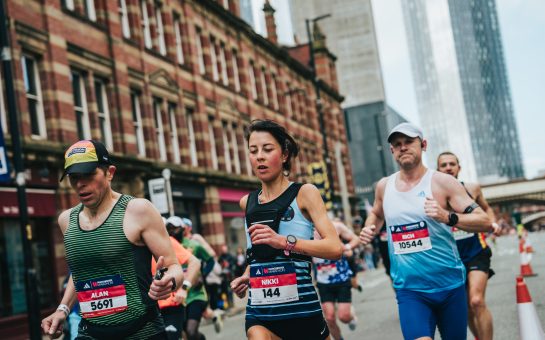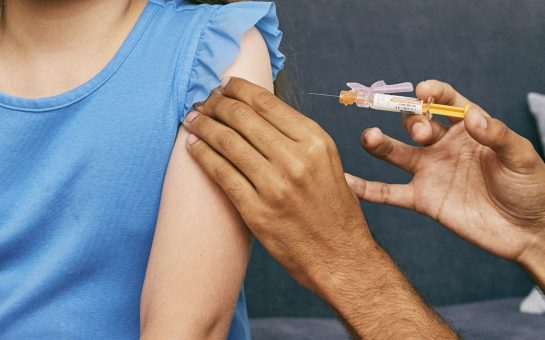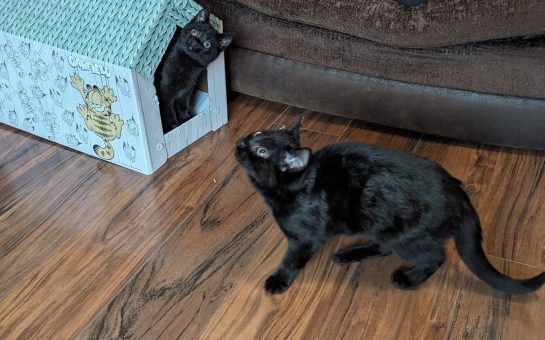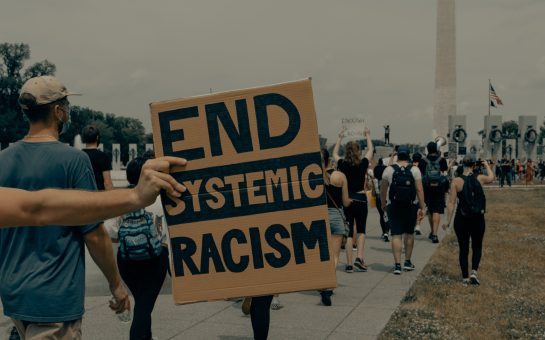Almost two thirds of disabled people in the North West find it harder to make and sustain friendships compared to non-disabled people, according to a report commissioned by a UK disability charity.
Sense, a charity that supports and campaigns for deafblind people, have warned that disabled people face being cut off from society as nearly one in four say they feel lonely on a typical day.
The charities deputy chief executive Richard Kramer has taken the opportunity to speak out before the launch of their ‘We All Need Friends’ campaign.
“Friendships are among the most valuable relationships we have and are important for people’s health and well-being,” said Mr Kramer.
“People with disabilities are deeply worried about the lack of opportunities and the barriers to friendship whether it is communications issues, a lack of transport or social groups to join.”
Until now there has been limited research into the subject of friendship, particularly for young people and adults with disabilities.
However, Sense’s work illustrate that many disabled people have few opportunities to make and build friendships in the first place.
‘We All Need Friends’ aims to highlight the limited opportunities to build friendships for disabled people and explore obstacles, including a shortage of appropriate services, transports and a lack of social groups.
Figures report that 28% of disabled people surveyed in Sense’s 1,004 person poll and said the Government’s recent changes to welfare benefits and eligibility for social care have made it harder for them to make and sustain friendships.
Hayley Reed, from Rossendale in Lancashire, has had hearing problems since the age of 10, lost her sight 12 years ago and has been using a wheelchair for 24 years.
Ms Reed receives 18 and a half hours of social care support each week but this only covers getting dressed and preparing food.
She told MM: “I’ve got a physical disability as well as the sight and hearing loss but the sensory impairments take over from the physical as they are very isolating. When you’ve got all three, it puts another barrier up.
“I see friends once a month which helps but sometimes you might have had a bad day and just want to talk to somebody. When you’ve got a disability it’s just not that easy.”
“If we got more support for social type activities then that would be a big help.”
Image courtesy of Dominik Golenia, with thanks.



